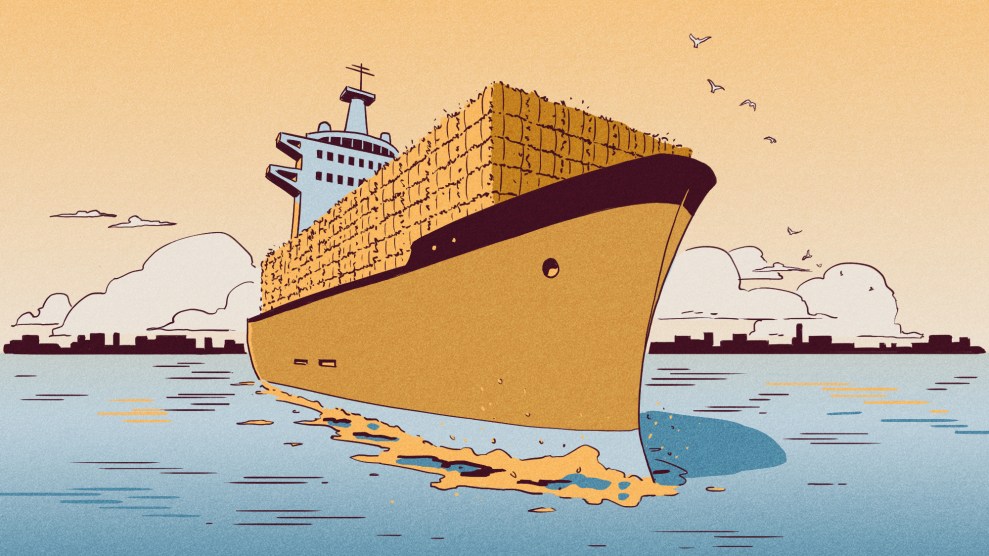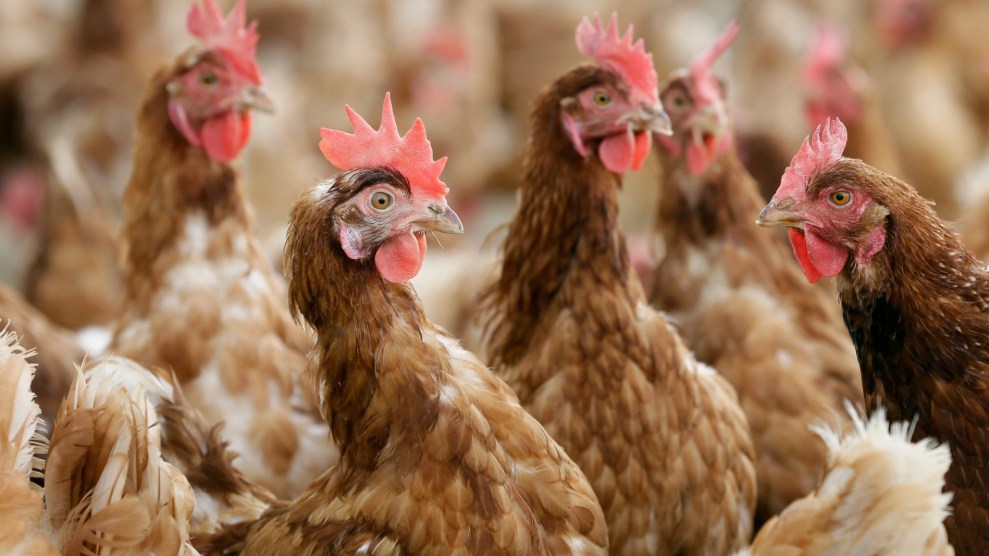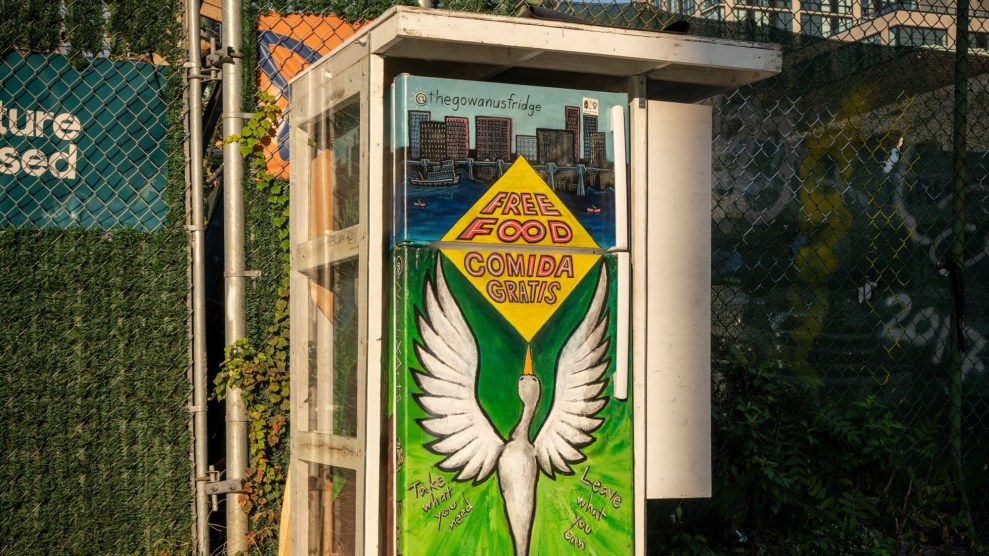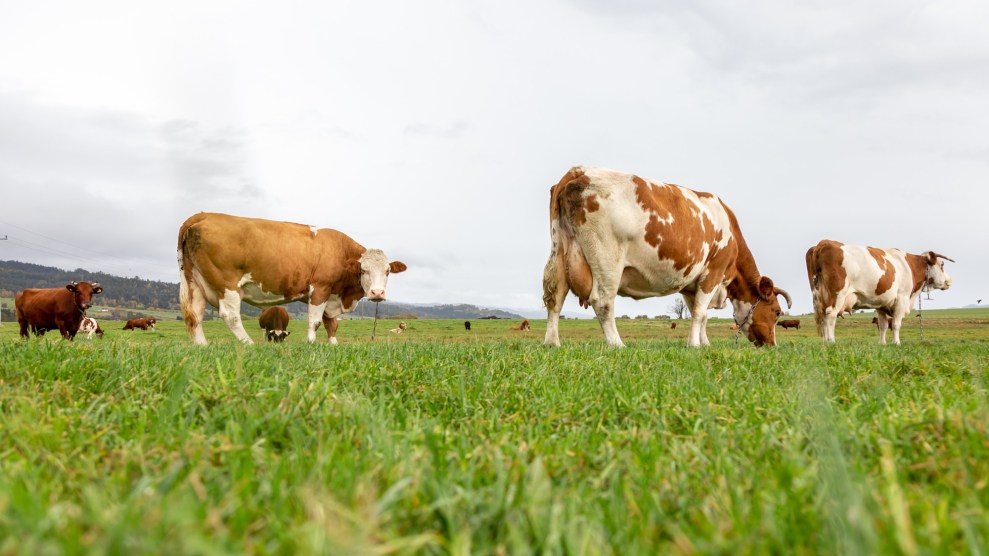
Image courtesy of Wikimedia Commons
Thanksgiving is here. Family! Friends! Food! Leftovers! Garbage. This year I’m going to try really hard not to make a trough of stuffing so immense that half of it ends up in the compost bin.
A new study from the British anti-food-waste group Waste & Resources Action Programme (WRAP) found that the average British household produces 463 pounds of avoidable food and drink waste per year, the packaging, shipping, distribution, and cooking of which creates the equivalent of 1,764 pounds of CO2. That’s about the same as all the members of a household flying from NYC to Charleston, South Carolina, or a quarter of the emissions produced by a household’s yearly driving miles.
The problem isn’t unique to Great Britain. In his book Waste: Uncovering the Global Food Scandal, Tristram Stuart writes that 50 percent of all food in the US is wasted—enough to feed all the hungry people in the world three times over. Stuart aims much of his criticism at industrial food wasters—farms, warehouses, supermarkets, and restaurants. But he has a few smart recommendations for consumers who want to reduce household food waste, too. Lesson #1: Expiration dates are not always what they seem.
When you’re doing your thanksgiving shopping, keep in mind Stuart’s smart tips for decoding dates:
- Understand the difference between “best before” and “use by” dates: “Best” is merely a suggestion, while “use” refers to bacteria growth and safety.
- “Sell by” dates are “meant to help shop staff manage stock, and should be completely ignored by consumers,” Stuart writes.
- Be very, very wary of dates on packaged produce. “Anyone can tell when a piece of fruit has started to go wrinkly, and decide for themselves whether it is fit to eat.”
- Keep your house cool. In addition to saving on your heating bill and reducing your energy use, some foods stored outside the fridge (especially fats like butter and oil) will last longer.














